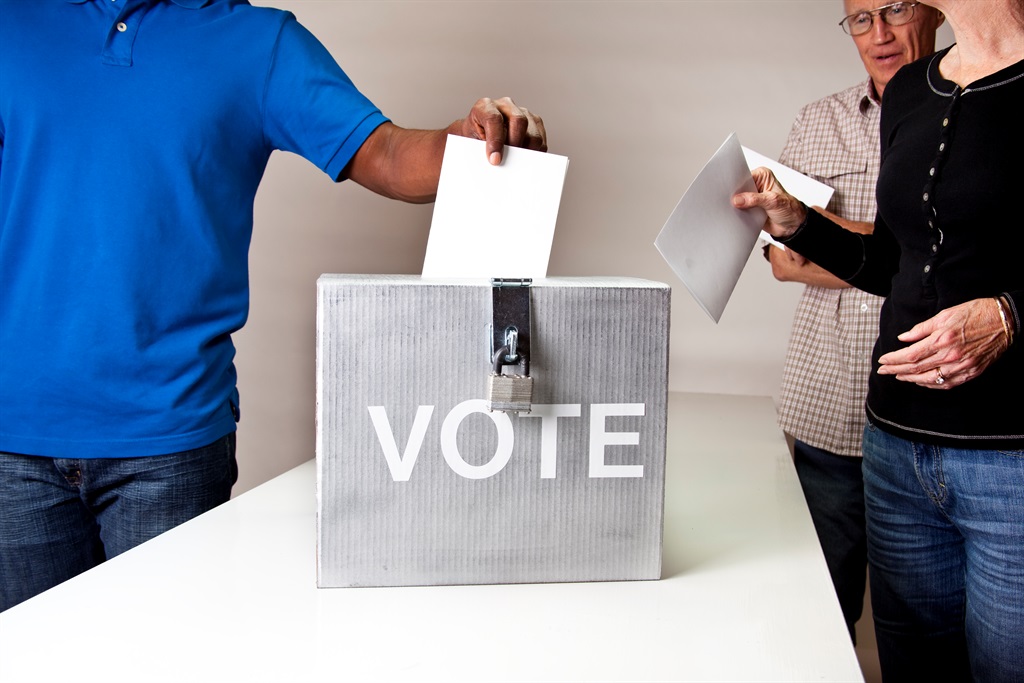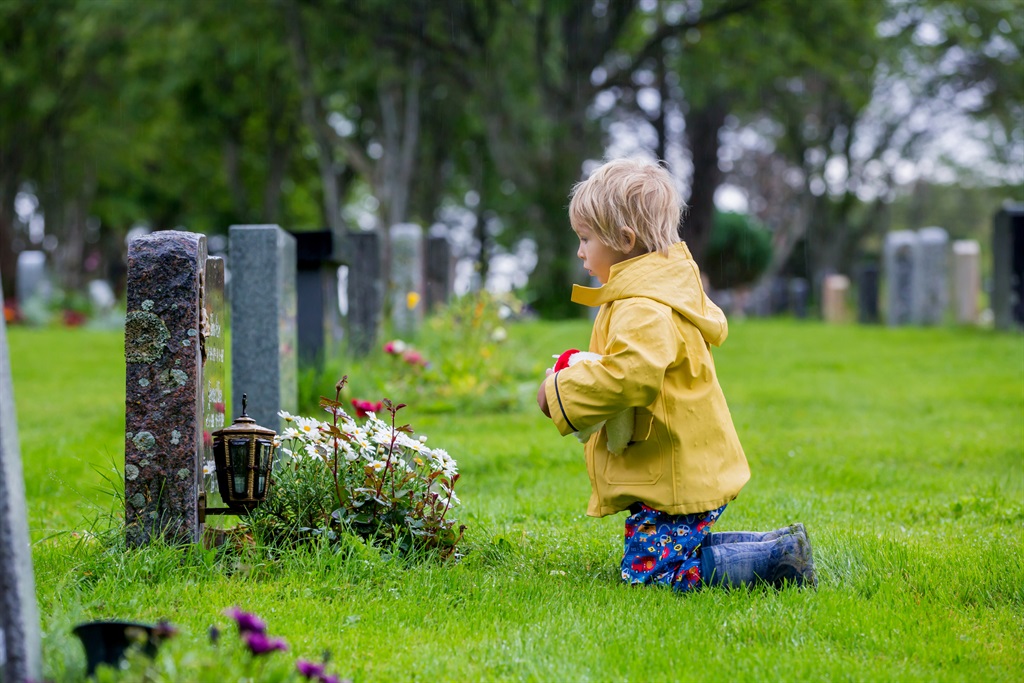
Live by Design is a weekly News24 column by Dr Helena Dolny and Mapi Mhlangu on mortality and the conversations around it.
This week, I was invited for supper by a journalist friend. “So, what’s our thinking on the elections and the new parties – what might be the outcome?” That was the substance of the first part of the evening.
My friend explored thoughts on, “if the results might be contested, and if so, would the contestation be peaceful? Or would there be violence? Would trucks burn on highways? Will South Africa’s security apparatus be more effective in their responses than in July 2021?”
I watched his partner’s face become worried. I thought she might begin to hyperventilate. She requested that we change the subject.
As the 2024 national elections approach, the anxiety surrounding this crucial event has become increasingly palpable, not only within our homes but in the media reports of what politicians are saying.
Last year, an interview with Herman Mashaba, leader of ActionSA, heightened concerns as he alluded to the possibility that this election could be the last opportunity for opposition parties to peacefully remove the governing ANC from power. The mention of such a scenario left me pondering the consequences if the parties were unsuccessful in their endeavour.
Adding to the tension, claims of a groundswell of support for former president Jacob Zuma’s newly formed party, the MK Party, have emerged. While the formation of this party could be seen as a positive step towards a more democratic society, the escalating rhetoric questioning the integrity of the upcoming election is undeniably unsettling.
It is within this climate of unease that Helena Dolny’s invitation to plan for our 2024 marathon year prompts me to delve into the unique challenge of living by design in an election year.
Electioneering in an election can have a significant impact on the national psychology of citizens. The intense competition, political rhetoric, and media coverage can create a sense of anxiety, division, and uncertainty among the population.
Individuals may feel overwhelmed and bombarded with sensational reporting about the hopeless state of their country and political manipulation. In her examination of the proximity and competitiveness of how national elections influence in-group favouritism, ethnic groups’ status anxieties, perceived discrimination, and trust in Sub-Saharan Africa, Elena Genova, Assistant Professor of Sociology at the University of Nottingham found that election cycles strongly influence group anxieties in plural societies where political competition is high.
Furthermore, being bombarded non-stop on how a nation is a failure tests your resilience.
In this column, we delved into the importance of self-care, fostering healthy conversation, and staying informed without becoming overwhelmed. We have the power to shape our own lives and make a positive difference in our society during this election year. So, how can we focus on intentional living while navigating our political climate?
1. Limit exposure to sensational reporting: While it is crucial to stay informed about political developments, constant exposure to sensational reporting can be overwhelming. Take regular breaks from news consumption and set boundaries on the amount of time spent engaging in political discussions on social media. More so this year, when artificial intelligence is bought to be used to manipulate the national narrative. Switch off screens at least one hour before going to sleep.
2. Seek diverse sources of information: Avoid relying solely on one news outlet or social media platform. Explore diverse sources that offer balanced perspectives and fact-checking. This can help individuals gain a more comprehensive understanding of the political landscape and reduce the influence of biased reporting.
3. Engage in critical thinking: Develop critical thinking skills to evaluate the information presented by political parties and candidates. Question the motives behind statements and promises made during election campaigns. This can help individuals navigate through political manipulation and make informed choices based on their own values and desires for the country.
4. Connect with like-minded individuals: Seek out communities and support networks that share similar concerns and values. Discussing and sharing experiences with others who understand the challenges of political contestation can provide a sense of solidarity and validation.
5. Take breaks from political discussions: It is essential to find balance and not let political discussions consume every aspect of life. Engage in activities that bring joy and relaxation, such as pursuing hobbies, spending time in nature, exercising, or practising mindfulness and meditation.
6. Focus on personal growth and contribution: Instead of dwelling solely on the political landscape, channel energy into personal growth and meaningful contributions. Take time to set personal goals, pursue education or skills development, and engage in activities that positively impact the community. This can provide a sense of fulfilment and empowerment beyond politics.
7. Celebrate achievements – small and big.
8. Cultivate a gratitude practice: Every day, create three minutes to enjoy thinking about what you are grateful for
9. Prioritise your self-care: Refer to last week’s column: eat well, sleep enough, take breaks, move your body, and take a daily pause for a few minutes to breathe deeply and relax.
Want to read more articles in this series? Click here.
Disclaimer: News24 encourages freedom of speech and the expression of diverse views. The views of columnists published on News24 are therefore their own and do not necessarily represent the views of News24.




Recent Comments